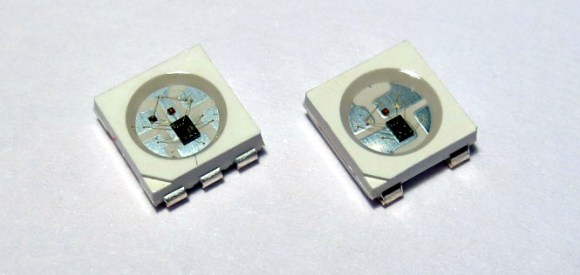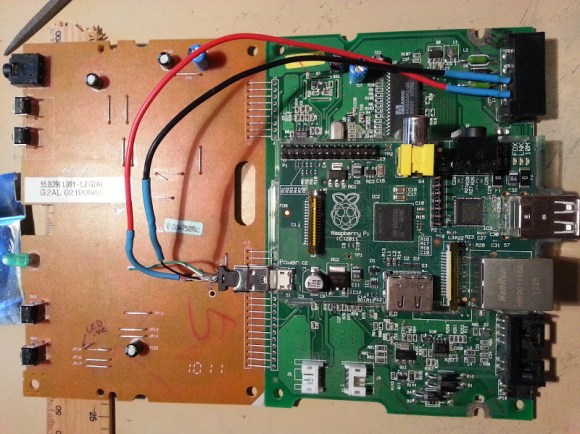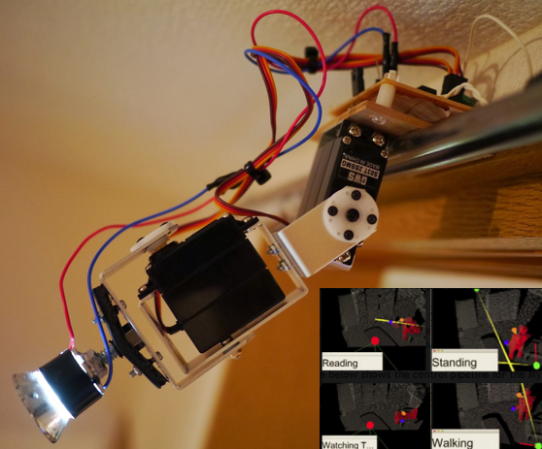As anyone with a Facebook account that’s over the age of 25 will tell you, 3D ultrasounds of fetuses are all the rage these days, with ultrasound pictures of the unborn recently taking the leap from black and white blobs to 3D – and 4D – images. With the advent of 3D printers, the inevitable has happened. Now you can order a 3D print of your yet-to-be-born progeny.
The company behind this – 3D Babies – takes 3D ultrasound data from weeks 24-32 and turns it into a 3D model. The printed 3D models sell for $800 for the full size version, $400 for a half-size version, and $200 for a quarter size version. It appears the 3D ultrasound data is simply wrapped around a pre-defined mesh, so while the resulting print may come out looking like your spawn, it’s still not a physical copy of the 3D/4D ultrasound data.
Despite the ‘creepy’ factor of these little bundles of plastic, we’re wondering why we haven’t seen anything like this before. Are there any obstetricians/radiologists/ultrasound techs out there that have experience with importing 3D ultrasound data into an editor of some sort? Notwithstanding any HIPAA violations, it seems it would be rather easy to turn this sort of 3D data into a printed object. 3D printing CT scans models can’t be the only other instance of this type of thing.
Thanks [Will] for the nightmares



 [Luke] isn’t able to declare total victory yet.
[Luke] isn’t able to declare total victory yet. 












